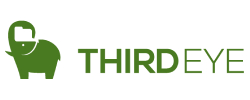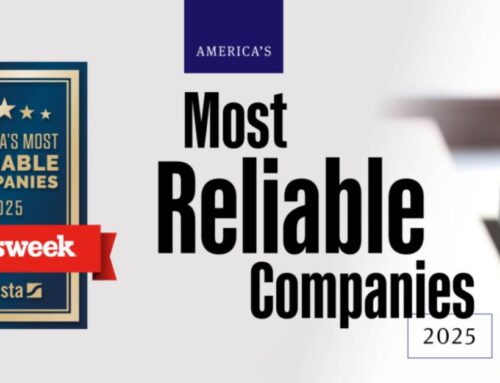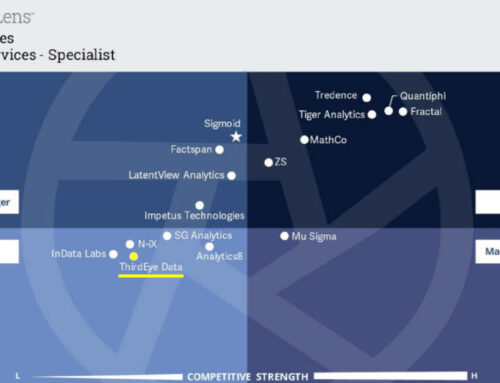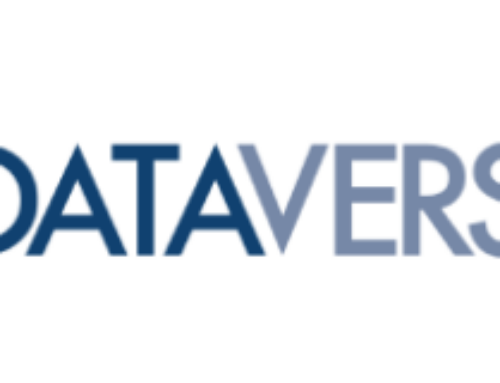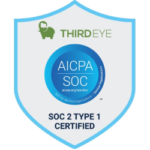The 4 Roles Your Chief Data Officer Must Play
Although chief data officer (CDO) is becoming a more common C-suite title, the role—not unlike data— is continuing to evolve and grow.
“There are multiple skill sets that the CDO needs to develop,” said Dr. Richard Y. Wang, executive managing director of the Institute for Chief Data Officers at the University of Arkansas at Little Rock. They should be tech savvy, customer-driven, security conscious, visionary, and a change-manager, he noted.
While understanding business and technology, and how to responsibly manage data is required knowledge, there are four roles every CDO should play in the organization.
1. People Person
Without question, the CDO needs to have strategic vision to help the organization increase revenue and market share, said Wang, who is also the director of the MIT Chief Data Officer and Information Quality Symposium. But the CDO must be smart with people, otherwise he or she won’t prevail.
It’s all about people and process, added Ed Kelly, statewide data coordinator at the Texas Department of Information Resources. CDOs need the skills to negotiate, listen with empathy, and understand others’ positions. “Sure, you need to understand the technical side, but that’s the easy part.”
Derek J. Strauss, now chairman and CEO of consulting firm Gavroshe USA, Inc and former CDO at TD Ameritrade, compared the role of the CDO to an orchestra conductor. Because each department collects and uses data, the CDO touches every aspect of an organization, and in order to be successful, he or she must understand how to tweak the organizational environment so that every department is in concert with each other. “You can’t let percussion get out of sync with the strings. You have to make sure you are working with all the departments simultaneously,” explained Strauss.
2. Evangelist
The CDO’s role is to talk about the best practices for data management and help people to understand what you mean when you say that data is important, said Jarrel Jimmerson, managing director of data governance at Charles Schwab & Co., Inc. in Austin, Texas.
Even though data is pervasive, there is still lack of understanding about its value, continued Jimmerson, the former CDO for Texas Health and Human Services. People understand it’s important, but they don’t understand how to manage data effectively. You need to be able to communicate a strategy no matter the audience and provide a vision for the data, including how it will be stored and archived, how it will travel across the company, and what metadata will be associated with it.
“You can’t take strategic advantage of data if you aren’t taking good care of it,” Jimmerson said. “A lot of what can be done with data isn’t being done because there is no cohesive approach to managing it.”
3. Broker
The CDO often spends a fair amount of time being a data broker, making sure that data is accessible across departments as well as deciding when it is responsible to share data with other organizations.
For example, when a Texas state agency doesn’t know where to get the data they need, they often call Kelly, the statewide data coordinator at the Texas Department of Information Resources. “I make the initial call and facilitate the conversation, help them get into the door,” Kelly said. For instance, when TexVet at Texas A&M wanted more up-to-date data from the Health and Human Services Commission, Kelly initiated talks between the organizations about serving a common customer—Texas veterans. Kelly focused the discussion on what the agencies should be doing with their data and how they can do it more efficiently. As a result, HHSC allowed the veteran group to have real-time access to the data.
Often it falls on the CDO to help departments see that they have a mutual interest and to share data, Kelly said.
4. Storyteller
When Dj Das, founder and CEO of big data services firm ThirdEye Data, interviews potential CDOs, he pays attention to how the candidate talks about data. “I often see people who have done some programming and taken courses and they probably lead some data-centric job, but their heart might not live in data,” he said.
To separate the apathetic from the passionate, Das will ask candidates about data trends from Twitter (because it’s the most common type of data available), including various hashtags, locations, and handles. He then waits to see if they interject with weather and event data to come up with a comprehensive story that the data is telling. “If they don’t add any other data [to the conversation], that’s a red flag,” he said, because additional data is essential to finding trends.
“The CDO should have an innate ability to stitch data together from various sources with different formats and bring out the relationships between them to tell a data story,” Das said.
Ultimately, the CDO helps an organization integrate its data and make it possible for data scientists and employees alike to find the gold in the data mine, thereby improving the bottom line. But as Wang said: it takes more than technical know-how to use data to make complex business decisions. And the best CDO, Das added, is passionate about exploring and doesn’t shy away from playing with data to conjure up relationships and connections.

